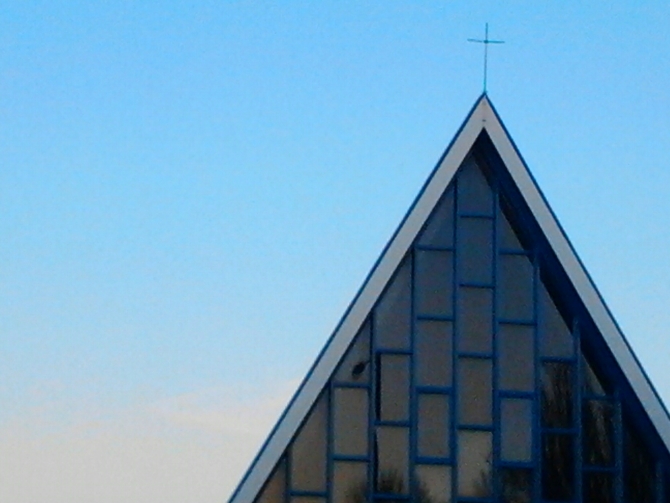In New York State, sales of religious property must be approved by the Attorney General’s Office and signed off by a Justice of the Supreme Court in the county where the property is located before the transaction can be completed. These extra steps can add an additional six months to the process, when time to complete the extensive paperwork is taken into account.

The Attorney General’s Office requires two appraisals of religious properties. It also closely examines the reason for the sale and how the proceeds are to be used. It wants to know whether the proceeds will be used for religious purposes. If a church shuts down the money from the sale cannot go directly to the minister for his or her personal use.
Smaller Christian congregations have been growing over the past few years. They may start off meeting in a house or a storefront. As the congregation grows, they need to move into a more formal house of worship that has better facilities, including parking, for parishioners.
If a building that has a sanctuary, classroom for Sunday school, and handicapped-equipped washrooms comes onto the market, they will be interested in buying it and moving in. These houses of worship are marketed to other religious organisations, since they are specifically designed for that use. They have already been approved as well.
An existing commercial property can be renovated and used by a religious group as well. However, minimum parking requirements apply.
Another obstacle may be that the municipality is looking to raise funds and may not be happy about taking a commercial property off the tax rolls in favour of a religious group, with its tax-exempt status.
No related posts found for this post.